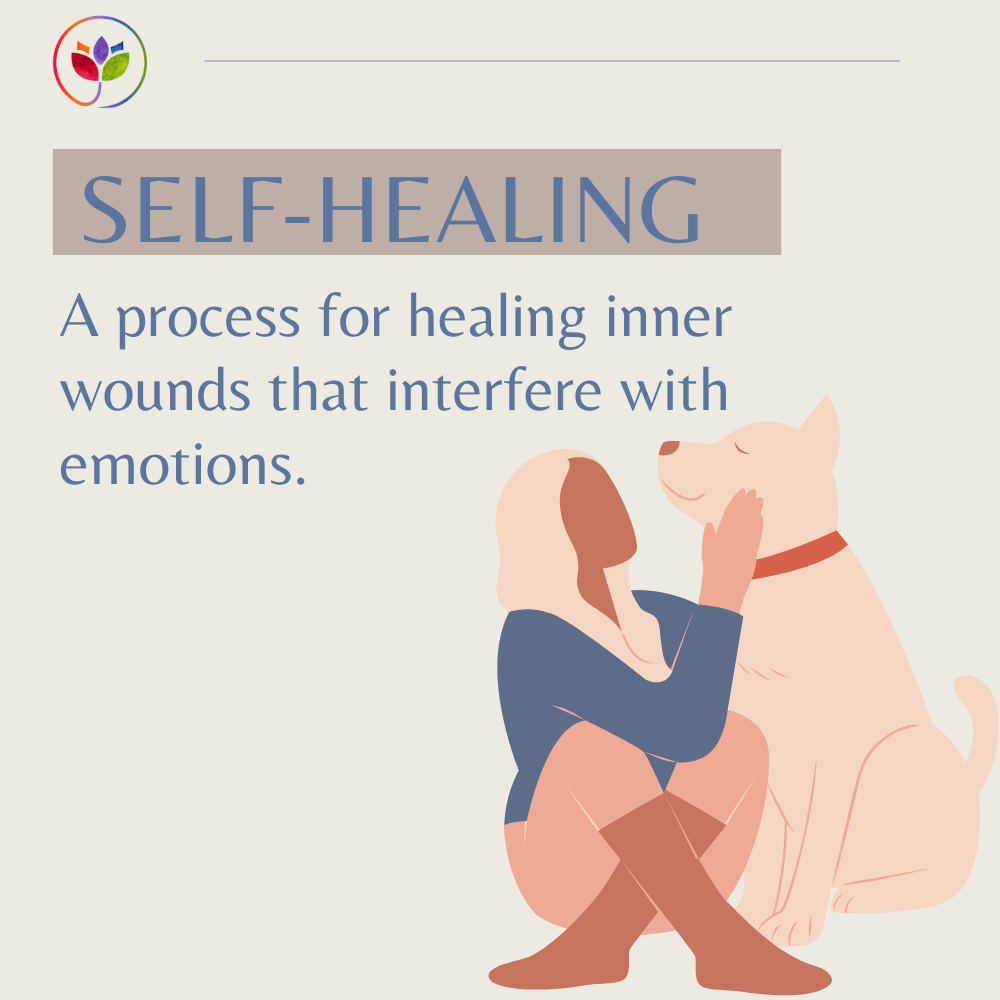
Self-healing is taking responsibility for our well-being and often requires us to step outside our comfort zones. This can be a challenge in and of itself, but it’s also essential for making lasting changes in our lives.
Why does it take so long to heal, whereas it barely takes a minute to get hurt? I have been asking this question for a while now, so I decided to dive into details today and find the answer.
But before that, what is self-healing? This is the ability of the body and mind to heal themselves. The term is often used in alternative medicine and refers to the idea that our bodies have an innate ability to heal themselves. For example, how many times have you felt heartbroken and you think you might not get out of it? But you did. That is self-healing at work. We all have the power to move on and heal from the hurt.
Self-healing is a process that requires time, just like any other healing process. It takes patience, courage, and determination to go through it. However, the result is worth it. Self-healing and mental health go hand in hand.
When we take the time to heal ourselves, we open up the possibility for transformation. We become more aware of our thoughts and feelings and learn to better care for ourselves mentally and physically. As a result, we can create lasting change in our lives.
Self-Healing for Mental Health

It is estimated that one in four people worldwide will suffer from a mental health problem at some point in their lives. Mental health is essential to our overall well-being and affects our thinking, feeling, and acting. It also helps to determine how we handle stress, relate to others, and make choices.
A Preliminary Study on Self-Healing and Self-Health Management
The human body has tremendous self-healing capacity and regeneration after injuries and pathogen invasions. These factors are particularly important in older adults which take longer to heal and recover physically. In addition to clinical investigations, perspectives from both experts in the field and the living experiences of the general public could play significant roles to enhance the body’s healing mechanisms in older adults. A semi-structured interview was conducted which included 15 participants (9 experts and 6 older adults aged 65 years and older). Content analysis with an inductive approach was employed about participants’ experiences and perspectives. All participants in this study revealed that
self-healing mechanisms can be enhanced through physiological, psychological, and socio-environmental factors. When more of these factors can be integrated into a recovery management plan, it can hasten self-healing in older adults. Social capability has a profound impact on an individual’s mental health while oral health and hygiene significantly affect the nutritional intake status. In regards to physical aspects, regular daily activity patterns, nutritious eating, moderate exercise, and sleep quality are significant, while psychological aspects such as cheerfulness, positive attitudes, and good interpersonal relationships can help control chronic diseases. Read the complete study
Despite its importance, mental health is often misunderstood and stigmatized. Part of this is that mental health is often seen as separate from physical health. However, just as physical health can be affected by emotional and psychological factors, so can mental health be affected by physical health problems.
For example, someone physically ill may also experience anxiety or depression(Click here for more depression quotes) . Likewise, someone struggling with mental health may also have physical symptoms, such as fatigue or headaches. The mind and the human body are intimately connected, and both must be considered regarding our overall health and well-being. Mental health is a complex topic, but understanding it is essential for promoting emotional healing and self-care.
Are You Unable to Move on, To Let Go?
It is only natural to want to protect yourself after you have been hurt. The pain from past experiences can leave deep roots that make it difficult to let go and move on entirely. However, carrying that pain with you will only hold you back from being your best self and living a happy life.
Instead, you must conquer your fears and adversaries by forgiving those who have hurt you in the past. It is not easy, but it is necessary to be truly free. Only then will you be able to forget the pain and move on with your life. Happiness awaits you on the other side of forgiveness.
Self-healing is an art that you can learn, and it is something that will come with time and practice. But, it is a skill that you can develop and nurture. And once you have mastered it, you can lead a happier, healthier life.
The first step to self-healing is acknowledging that you need to heal. This may seem obvious, but it is often the most challenging part of the process. Denial is a powerful force that can prevent us from facing our problems and taking responsibility for our well-being.
If you are struggling to come to terms with the fact that you need to heal, ask yourself this question:
- What would my life look like if I were healthy, happy, and whole?
Answering this question can help to motivate you to begin the healing process.
I often quote Louise Hay. She is an inspirational woman who overcame incredible odds to become one of our time’s most well-known self-help authors.
In her book, You Can Heal Your Life, she writes: “If we are willing to do the mental work, almost anything can be healed.”
This statement is powerful because it reminds us that we have the power to heal ourselves. We are not powerless victims of our circumstances. Instead, we can change our lives for the better by focusing more on our minds, the home of every worry.
- Start making changes in your life
This may involve seeking professional help, changing your diet, or starting an exercise routine. It is important to remember that change can be difficult, but it is always worth it. You take control of your life and future when you decide to heal yourself. You plan to forget that hurtful act holding you back and choose to move on.
- Embrace patience
Healing takes time, and there is no “right” way to do it. Everyone heals at their own pace, and it is essential to respect your journey. Trust that you will get there, and have faith in the process. In the bible, there is this story that highly emphasizes patience as a virtue to conquer your fears.
Job was a man who had everything—a loving wife, a large family, material possessions, and respect from his community. Then, one day, he lost everything except his life. His children were killed, his livestock was destroyed, and his home was ruined. Job’s response to all this tragedy was to fall to the ground and worship God.
He said, “Naked I came from my mother’s womb, and naked I will leave this world. The Lord gives, and the Lord takes away. May the name of the Lord be praised” (Job 1:21).
Even amid great suffering, Job remained patient and faithful. As I said earlier, self-healing will not happen overnight, but persistence and patience will work everything out in the long run.
Why Does Hurting Have to Take so Long?
I see it, you’re asking the same question too. The truth is, we might all have different answers depending on what we have passed through. But I know we live in a fallen world, and pain is a part of life. We will all experience hurt at some point in our lives.
The key is not to let the pain define you or your life. Instead, use it as a catalyst for growth and change. Allow it to make you stronger, wiser, and more compassionate. And most importantly, don’t be afraid to ask for help when needed. We all underestimate the power of talking our fears and worries out. Probably because we don’t want to be judged, but this is one way to lighten your heart and start the healing process.
Many people have gone through what you are going through and have come out the other side. They are living proof that healing is possible.
The Power of Self-Healing
Imagine if you never got hurt, never felt pain. What would that be like? You could do things you never thought possible without worrying about getting hurt. What if I told you that self-healing is possible and it’s not just some Hollywood movie hype? Self-healing is a skill that can be learned and mastered by anyone; it is an art.
Ralph Waldo Emerson said: “What lies behind us and what lies before us are tiny matters compared to what lies within us.”
The ability to self-heal comes from within. It is an internal process that begins with recognizing that you are wounded. This may seem simple, but it is the first and most crucial step in the healing process. Once you have recognized that you are injured, you can begin to address the wound. It is also imperative for you to know that self-healing requires forgiveness. It would be best if you forgave yourself to accept that you’re not perfect and have made mistakes.
Through this, you’ll:
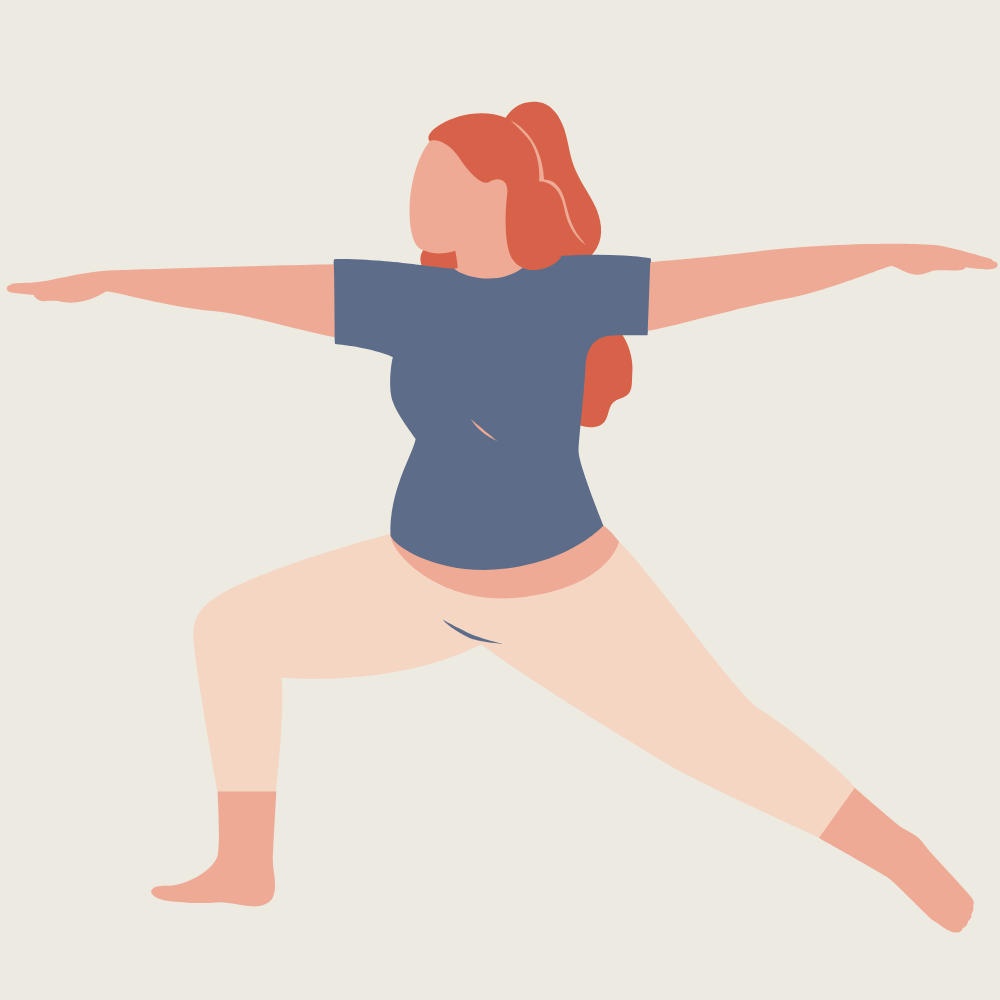
Become stronger: The process of self-healing will make you stronger. You will learn how to deal with your emotions and control them. You will also learn how to manage your thoughts better. As a result, you will be able to handle difficult situations better.

Conquer your fears: We are all afraid of the unknown, afraid of the change and afraid of our emotions. But when you learn to self-heal, you can confront and conquer your fears.
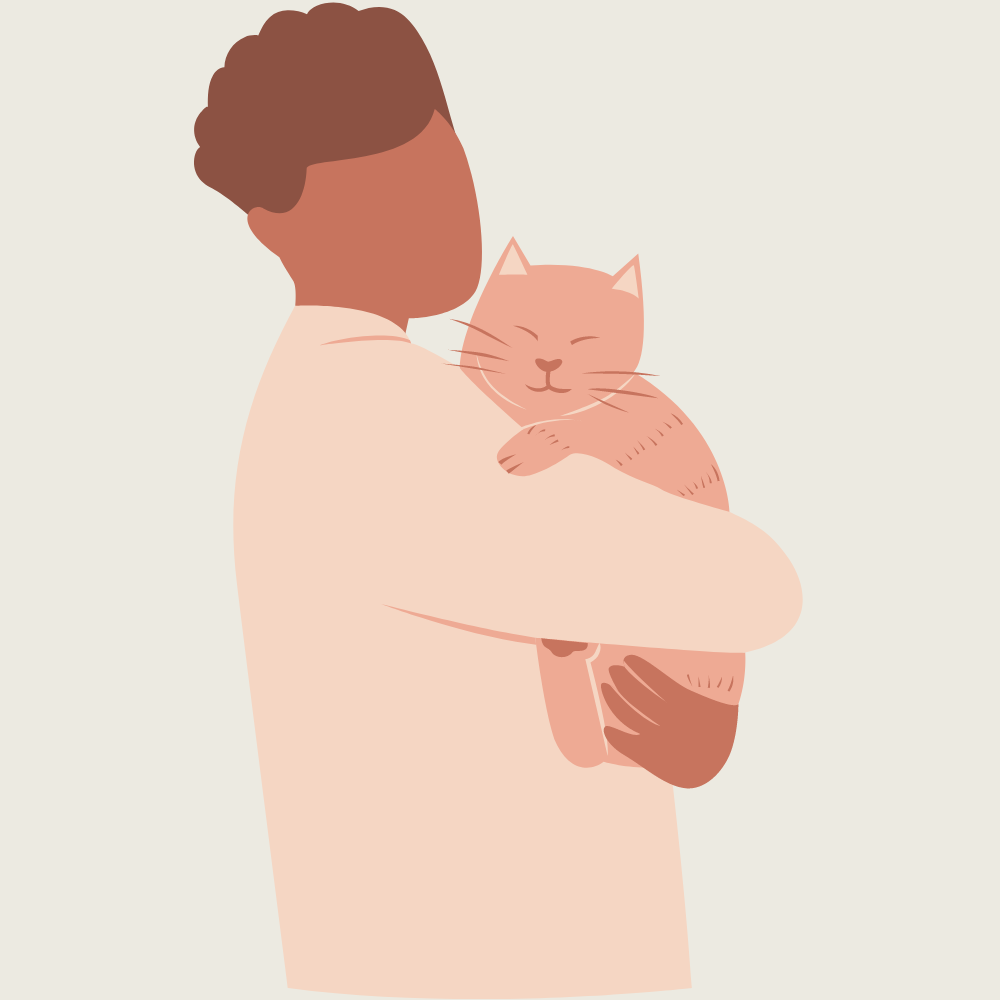
Become more compassionate: The self-healing process will help you better understand yourself. As a result, you will become more compassionate towards yourself. You will also be more understanding and accepting of others.
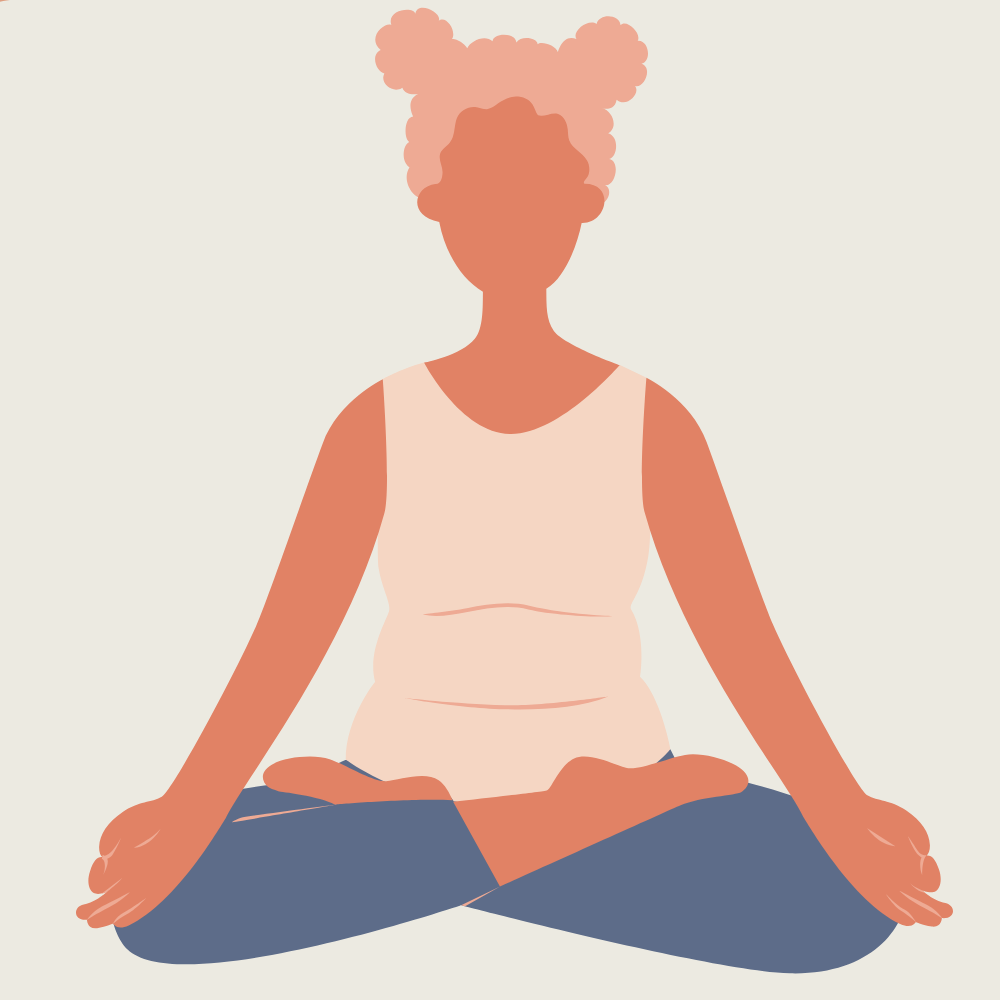
Focus on the positive: The positive aspects of your life need to outweigh the negatives. This way, you can let go of the negative emotions and thoughts holding you back. However, I’ll still remind you that self-healing is a journey, not a destination.
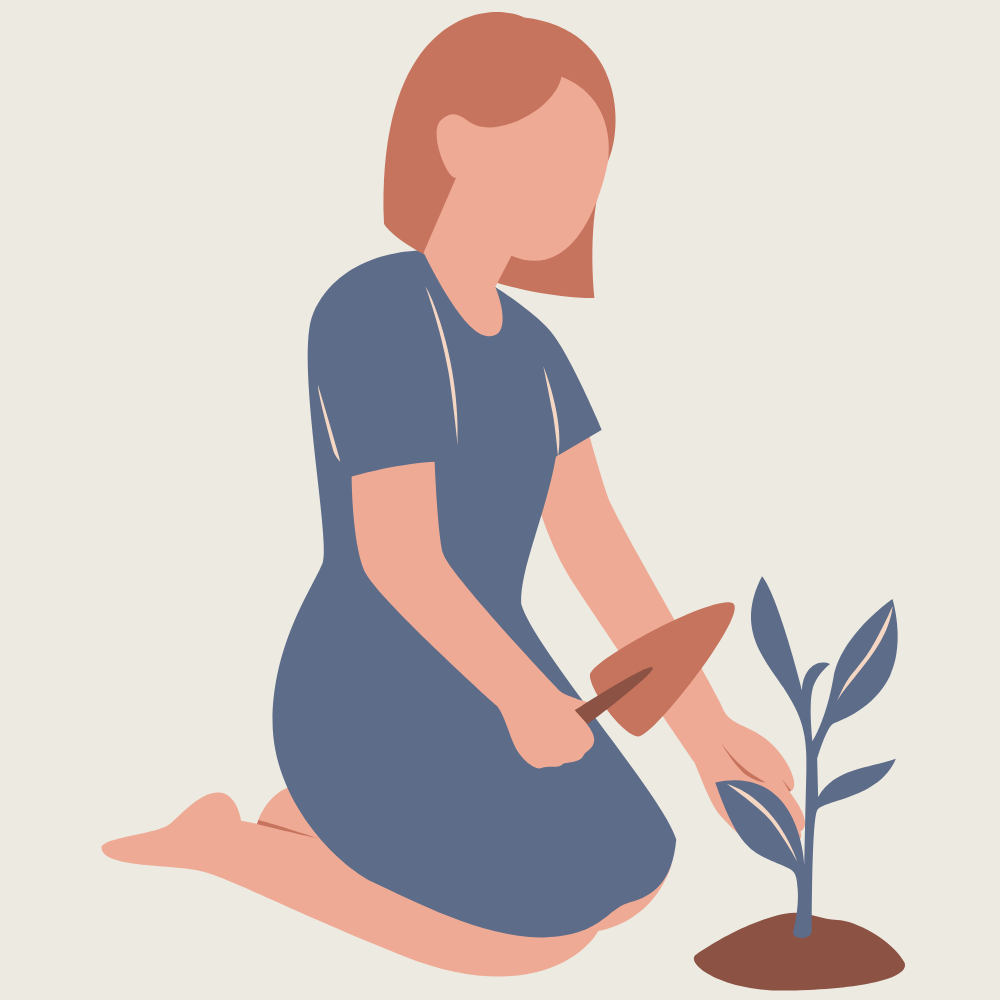
Find inner peace: Inner peace is the ultimate goal of self-healing. When you have healed your wounds, you can find peace within yourself. This peace will come from knowing that you have healthily dealt with your fears and adversities.
Self -Healing is a Journey
Self-healing is a journey that will take time and effort, but it is worth taking. Remember, you are not alone on this path. Many people have walked before you, and many will walk alongside you. Ideally, the road to recovery is not always easy, but it is worth it. You are worth it, and you can do it!

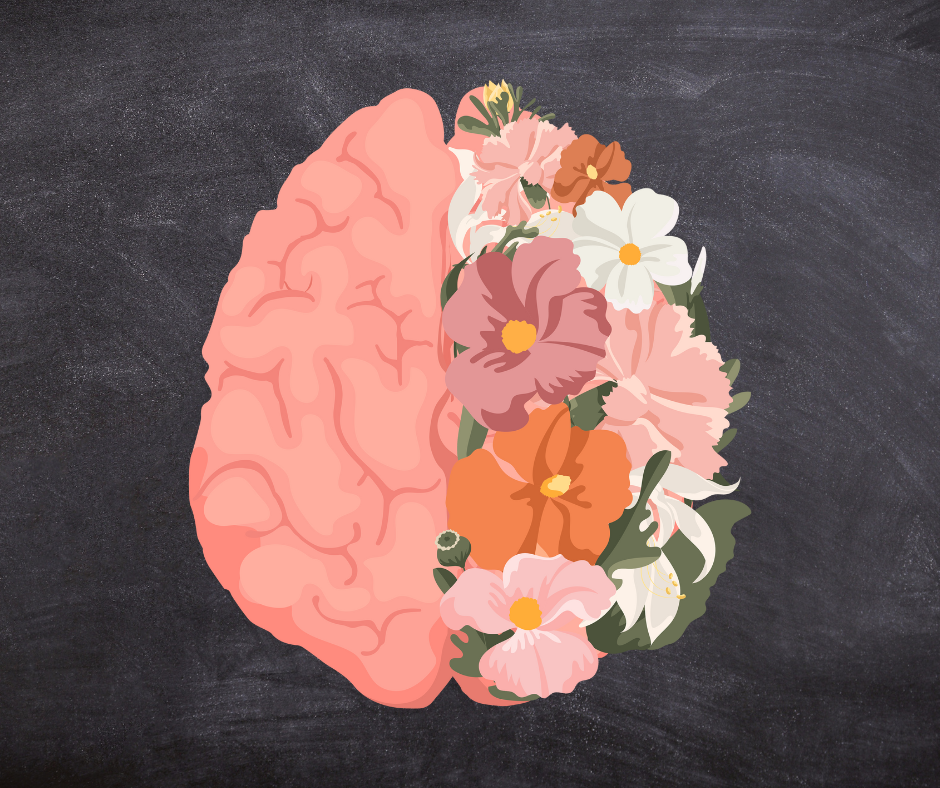


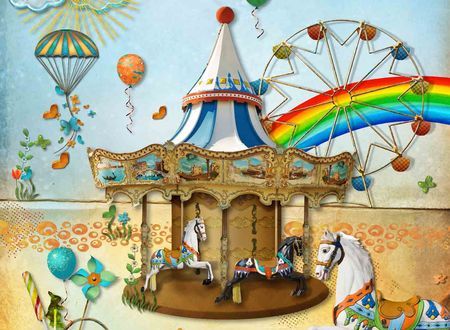




Comments & Discussion
1 COMMENTS
Please login to read members' comments and participate in the discussion.